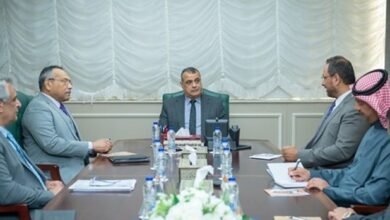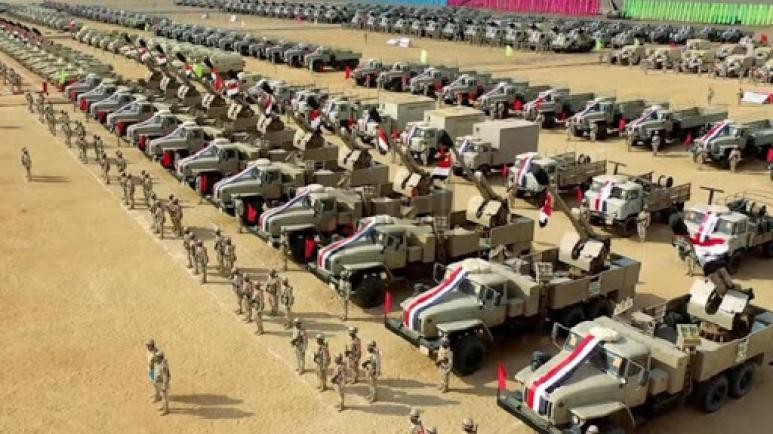The United States urged Egypt's military on Monday to move swiftly on plans to transfer full power to an elected civilian government and suggested failure to do so would prompt a review of US ties, which includes billions of dollars in military and civilian aid.
Both the State Department and the Pentagon — which oversees the close military links between the two countries — voiced concerns over moves by Egypt's generals to tighten their grip on power despite a presidential vote aimed at sealing the country's democratic future.
The military power grab represents a dilemma for the Obama administration, which publicly backed the revolution that toppled longtime leader Hosni Mubarak last year but also sees the Egyptian army as a crucial regional security partner.
At the same time, some in Washington may share the Egyptian military's wariness of the Muslim Brotherhood, a popular Islamist group whose candidate some reports said was leading in Egypt's presidential vote.
State Department spokeswoman Victoria Nuland said Egypt was at a critical juncture and the United States was "concerned by decisions that appear to prolong the military's hold on power."
"We call on the Supreme Council of the Armed Forces to restore popular and international confidence in the democratic transition process by following through on their stated commitments," Nuland told a news briefing.
The United States, the main financial supporter of Egypt's military, will hold the council to its promises for an inclusive constitutional drafting process, the timely seating of a democratically elected parliament, and the swift, permanent transfer of power to a civilian government, Nuland said.
"They've made a commitment to the Egyptian people, and we want to see them meet it," Nuland said.
"This is an evolving situation that we are watching closely. The decisions that are taken in this crucial period are naturally going to have an impact on the nature of our engagement with the government and with the SCAF moving forward," she said.
The result of Egypt's weekend presidential election was in limbo as vote counting continued on Monday, but the Muslim Brotherhood candidate, Mohamed Morsy, claimed victory in the country's first free presidential contest.
Clear markers
Nuland said her statement was aimed at "laying down clear markers" for Egypt's military rulers and that the full spectrum of Washington's ties to Cairo could come under review, although she stressed that no decisions had been made.
The Obama administration in March formally released US$1.3 billion in military aid for Egypt despite Cairo's failure to meet pro-democracy goals, saying US national security required continued military assistance.
US Secretary of State Hillary Clinton waived congressional conditions imposed late last year that tied US aid to progress in Egypt's transition to democracy following Mubarak's ouster.
Egypt has received more than $1 billion annually in US military aid for years, and Congress has also approved $250 million in economic aid and up to $60 million for an "enterprise fund" for this fiscal year, which ends on 30 September.
Senator Patrick Leahy, the Democratic chairman of the Senate appropriations subcommittee on foreign aid, said in a letter last week that he had warned the State Department he did not want the money to keep flowing.
"I would not want to see the US government write checks for contracts with Egypt's military under the present uncertain circumstances," said Leahy, who wrote the new conditions for military aid.
US officials had earlier warned that freezing aid could disrupt existing defense contracts and lead to expensive termination costs possibly topping $2 billion.
Political analysts said the latest move by the Egyptian military had forced the United States into a difficult position.
"The United States has to decide if it wants to be associated with this counter-revolution by the military," said Michele Dunne, director of the Atlantic Council's Rafik Hariri Center for the Middle East.
"They have to be asking themselves now whether waiving those conditions on the (military) aid was wise."
At the Pentagon, spokesman George Little said the US military believed that "Egypt's transition must continue" and underscored that the two sides had long enjoyed close military relations.
"We want that to continue," Little said. "As to the way ahead on Egypt, we're going to monitor events closely. It's very important to the entire US government and to the US military that the SCAF take steps to promote a peaceful transition to democracy and a government in Egypt that is responsive to the Egyptian people."




